Antonio del Real | |
|---|---|
 Antonio del Real in 2007. | |
| Born | 1947 |
| Occupation(s) | Director, actor, screenwriter |
Antonio del Real is a Spanish film director, actor and screenwriter. [1]
Antonio del Real | |
|---|---|
 Antonio del Real in 2007. | |
| Born | 1947 |
| Occupation(s) | Director, actor, screenwriter |
Antonio del Real is a Spanish film director, actor and screenwriter. [1]
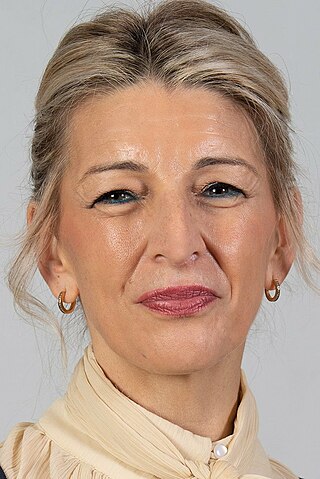
The second deputy prime minister of Spain, officially Second Vice President of the Government of Spain, is a senior member of the Government of Spain. The office of the Second Deputy Prime Minister is defined in the Constitution but is not a permanent position, existing only at the discretion of the Prime Minister.
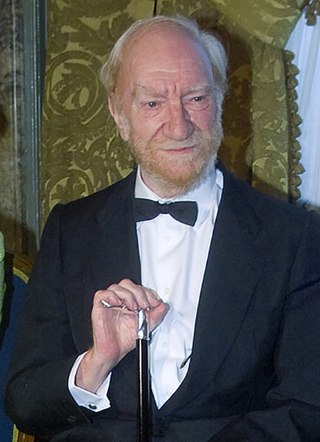
Fernando Fernández GómezOAXS, MMT better known as Fernando Fernán Gómez was a Spanish actor, screenwriter, film director, theater director, novelist, and playwright. Prolific and outstanding in all these fields, he was elected member of the Royal Spanish Academy in 1998. He was born in Lima, Peru while his mother, Spanish actress Carola Fernán-Gómez, was making a tour in Latin America. He would later use her surname for his stage name when he moved to Spain in 1924.

Francisco Rabal Valera, better known as Paco Rabal, was a Spanish actor, director, and screenwriter born in Águilas, a town in the south-western part of the province of Murcia, Spain. Throughout his career, Rabal appeared in around 200 films working with directors including Francesc Rovira-Beleta, Luis Buñuel, José Luis Sáenz de Heredia, Carlos Saura, Pedro Almodóvar, William Friedkin, Michelangelo Antonioni, Claude Chabrol, Luchino Visconti, and Gillo Pontecorvo. Paco Rabal was recognized both in his native Spain and internationally, winning the Award for Best Actor at the Cannes Film Festival for Los Santos Inocentes and a Goya Award for Best Actor for playing Francisco de Goya in Carlos Saura's Goya en Burdeos. One of Spain's most loved actors, Rabal also was known for his commitment to human rights and other social causes.
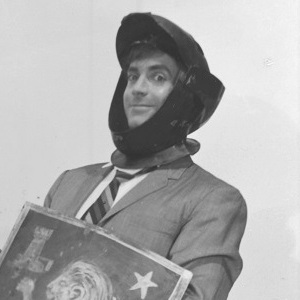
Julio Méndez Alemán was a Mexican actor.

Antonio Skármeta is a Chilean writer, scriptwriter and director descending from Croatian immigrants from the Adriatic island of Brač, Dalmatia. He was awarded Chile's National Literature Prize in 2014.
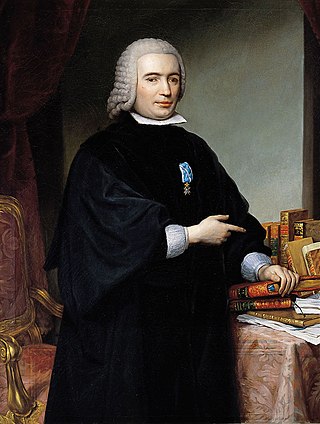
Pedro Rodríguez de Campomanes y Pérez, 1st Count of Campomanes, was a Spanish statesman, economist, and writer who was Minister of the Treasury in 1760. He was an adherent of the position that the state held supremacy over the Church, often called Erastianism. Campomanes was part of the government of Charles III. A staunch anti-Jesuit, one of the biggest foes of the order, Campomanes was the main driving force behind their expulsion.

Concepción Velasco Varona, known professionally as Concha Velasco, also Conchita Velasco, was a Spanish actress, singer, dancer, television presenter, and theatrical producer. She received numerous accolades throughout her career in film, theater, and television spanning over six decades, including two National Theater Awards presented by the Spanish Ministry of Culture in 1972 and 2016, the Lifetime Achievement Award presented by the Spanish Television Academy in 2009, and the Honorary Goya Award presented by the Spanish Film Academy in 2012.

María Adánez Almenara is a Spanish actress, director, writer and producer.

José Nieto is a Spanish composer, orchestrator, songwriter, conductor and drum player. He is best known for writing films scores, such as Mad Love (2001), El bosque animado (1987), The Fencing Master (1992), Carmen (2003), The Turkish Passion (1994) or I Know Who You Are (2000). For television he has composed music for the BBC in series like Crusades(1995) or From the Heart of the World (1990), and other international and Spanish series such as Captain James Cook (1988), Armada (1988), Teresa de Jesús (1984) or Los jinetes del alba.
Luis Ciges Martínez was a Spanish film actor. He appeared in 140 films between 1958 and 2002. His father was Manuel Ciges.
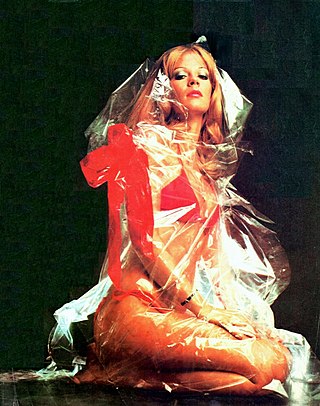
Graciela Alfano is an Argentine actress and model. She is best known for her appearances in comedies between the late 1970s and early 1980s which made her a sex symbol. She has worked as a judge on Bailando por un sueño in Argentina.
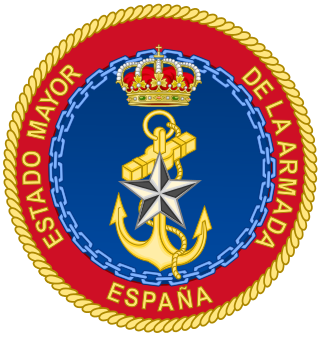
The Chief of Staff of the Navy or Admiral Chief of Staff of the Navy (AJEMA) is the highest-ranking military officer of the Spanish Navy that, under the authority of the Defence Minister, exercises command over the naval branch and, as such, is the principal military advisor to the Chief of the Defence Staff, the Minister of Defence, the Secretary of State for Defence, the Under-Secretary of Defence and the National Defence Council.

The third deputy prime minister of Spain, officially the Third Vice President of the Government of Spain, is a senior member of the Government of Spain. The office is not a permanent position, existing only at the discretion of the prime minister (PM). It is a constitutional office because the Constitution provides for the possibility of more than one deputy PM.

Gabinete Caligari is a Spanish rock band part of La Movida Madrileña movement. It lasted from 1981 to 1999.
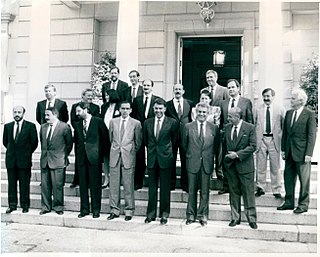
The second government of Felipe González was formed on 26 July 1986, following the latter's election as Prime Minister of Spain by the Congress of Deputies on 23 July and his swearing-in on 24 July, as a result of the Spanish Socialist Workers' Party (PSOE) emerging as the largest parliamentary force at the 1986 Spanish general election. It succeeded the first González government and was the Government of Spain from 26 July 1986 to 7 December 1989, a total of 1,230 days, or 3 years, 4 months and 11 days.

The third government of Felipe González was formed on 7 December 1989, following the latter's election as Prime Minister of Spain by the Congress of Deputies on 5 December and his swearing-in on 6 December, as a result of the Spanish Socialist Workers' Party (PSOE) emerging as the largest parliamentary force at the 1989 Spanish general election. It succeeded the second González government and was the Government of Spain from 7 December 1989 to 14 July 1993, a total of 1,315 days, or 3 years, 7 months and 7 days.

Cha-cha-chá is a 1998 Spanish madcap comedy film directed by Antonio del Real. It stars Eduardo Noriega, Ana Álvarez, María Adánez and Jorge Sanz.